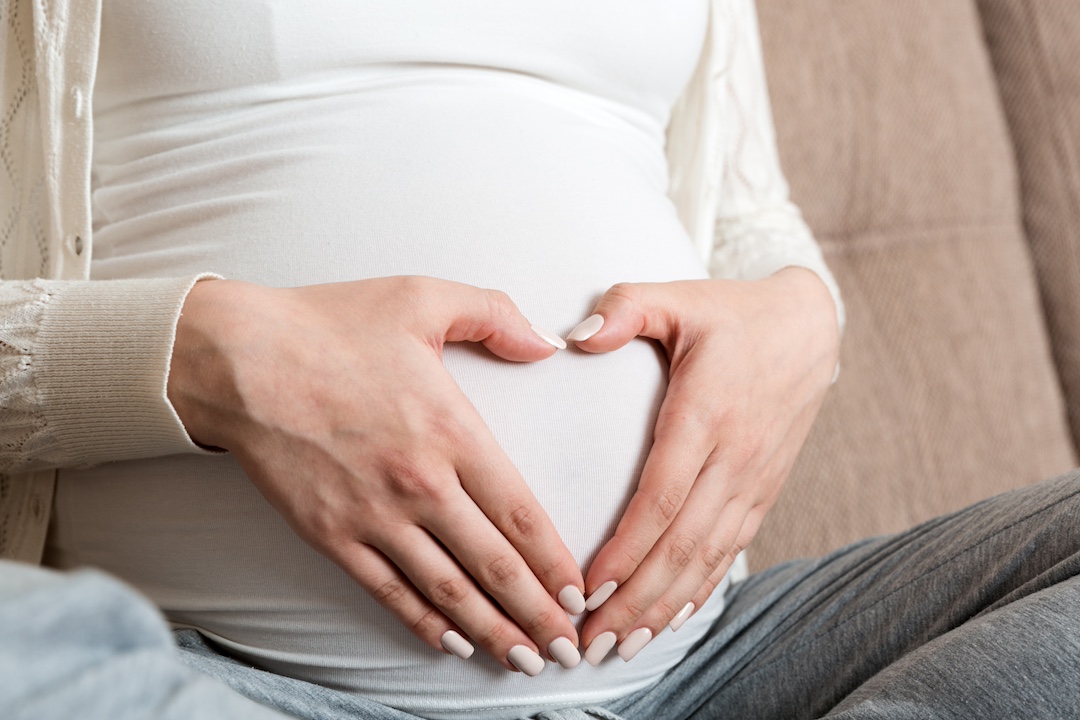The demands of daily life can be overwhelming and it’s easy to underestimate the importance of a good night’s sleep. However, when it comes to fertility, sleep plays a huge role that should not be overlooked. In this blog post, we’ll look into the relationship between sleep and fertility, and how quality and quantity of sleep can significantly impact our reproductive health.
Let’s start with the effect of sleep on female fertility:
The Circadian Rhythm and Reproductive Hormones:
Our bodies operate on a natural 24-hour cycle known as the circadian rhythm. This rhythm regulates various physiological processes, including the secretion of reproductive hormones. Disruptions to the circadian rhythm, such as irregular sleep patterns or insufficient sleep, can adversely affect this balance of hormones which is essential for optimal female fertility.
Here are some key reproductive hormones that may be affected by insufficient or poor-quality sleep:
Estrogen:
Estrogen regulates the menstrual cycle and supports the development of the uterine lining. Disruptions in sleep can influence estrogen levels, potentially leading to irregular menstrual cycles.
Progesterone:
Progesterone is essential for the menstrual cycle and pregnancy. Inadequate sleep may affect progesterone production, potentially impacting the ability of the uterine lining to support a fertilized egg.
Luteinizing Hormone (LH):
LH triggers ovulation in women. Sleep disturbances may affect the normal release of LH, potentially leading to irregular ovulation patterns.
Follicle-Stimulating Hormone (FSH):
FSH plays a key role in the development of ovarian follicles and the maturation of eggs. Sleep disruptions may impact FSH levels, potentially affecting the quality of eggs.
Prolactin:
Prolactin is involved in lactation and has an inhibitory effect on ovulation. Disruptions in sleep may lead to elevated prolactin levels, again, potentially interfering with normal menstrual cycles.
Testosterone:
Females produce small amounts of testosterone. Adequate sleep is crucial for maintaining healthy testosterone levels.
Insulin:
Insulin is not a reproductive hormone, but it does play a role in reproductive health. Poor sleep can contribute to insulin resistance, potentially affecting hormonal balance and fertility.
The impact of sleep on male fertility:
Testosterone Levels:
Testosterone, a key male reproductive hormone, is primarily produced during sleep, especially during the rapid eye movement (REM) sleep stage. Chronic sleep deprivation may lead to a decrease in testosterone levels, potentially impacting sperm production and overall reproductive function.
Sperm Production:
The body’s circadian rhythm influences the release of hormones, including follicle-stimulating hormone (FSH) and luteinizing hormone (LH), which are essential for sperm production (spermatogenesis). Irregular sleep patterns can disrupt the normal release of these hormones, potentially affecting the timing and quality of sperm production.
Sperm Quality:
Sleep disturbances have been associated with changes in sperm count, motility, and morphology. Inadequate sleep may also contribute to an increase in sperm DNA fragmentation, which can affect the genetic integrity of sperm.
Erectile Function:
Poor sleep has been linked to erectile dysfunction (ED). Conditions like sleep apnea, which disrupt sleep and oxygen levels, may contribute to ED and, consequently, impact fertility.
The Link Between Sleep Disorders and Infertility:
Conditions like insomnia and sleep apnea have been associated with fertility challenges and interference with the following reproductive processes:
Disruptions to Hormonal Balance:
Insomnia: Insomnia, defined by difficulty falling or staying asleep, can disrupt the natural release of hormones like melatonin, cortisol, and growth hormone. Leading to imbalances that affect the menstrual cycle in women and testosterone production in men.
Sleep Apnea: Sleep apnea, a condition where breathing temporarily stops during sleep, is associated with fluctuations in oxygen levels. These intermittent oxygen changes can stimulate the release of stress hormones, such as cortisol, and disrupt the normal production of reproductive hormones. In women, irregularities in estrogen and progesterone levels may result, impacting ovulation and menstrual cycles.
Impact on Sperm Quality:
Insomnia: May contribute to increased oxidative stress in the body that can damage sperm cells, leading to impaired sperm quality, reduced motility, and DNA fragmentation decreasing the likelihood of successful fertilization.
Sleep Apnea: Intermittent drops in oxygen levels can trigger oxidative stress and inflammation. These processes have been linked to poor sperm parameters, including decreased sperm motility and increased sperm DNA damage.
Altered Menstrual Cycles and Ovulation:
Insomnia: Irregular sleep patterns and disrupted circadian rhythms can affect the release of reproductive hormones, impacting the menstrual cycle. Lack of ovulation (anovulation) or irregular ovulation may occur, leading to difficulties in conception.
Sleep Apnea: Hormonal imbalances caused by sleep apnea can result in irregular menstrual cycles, anovulation, and reduced fertility in women.
Increased Stress Levels:
Both insomnia and sleep apnea can contribute to increased stress levels. Elevated stress hormones, such as cortisol, can negatively impact reproductive health by disrupting the balance of sex hormones like estrogen and progesterone. Stress may also contribute to psychological factors that can affect sexual function and desire.
In summary, sleep disorders like insomnia and sleep apnea can have a profound impact on our reproductive health. Addressing these sleep disorders through appropriate interventions, such as CPAP therapy, lifestyle changes, and medical treatment has the potential to improve fertility outcomes for anyone facing these challenges.
It’s important to note that fertility is complex, and the impact of poor sleep can vary from case to case. If you are experiencing fertility challenges or irregular menstrual cycles, please consult with your primary healthcare provider or a fertility specialist.
If you find yourself struggling with sleep challenges our team is here to help. Reach out to our Virtual Care Team to book a consultation.






